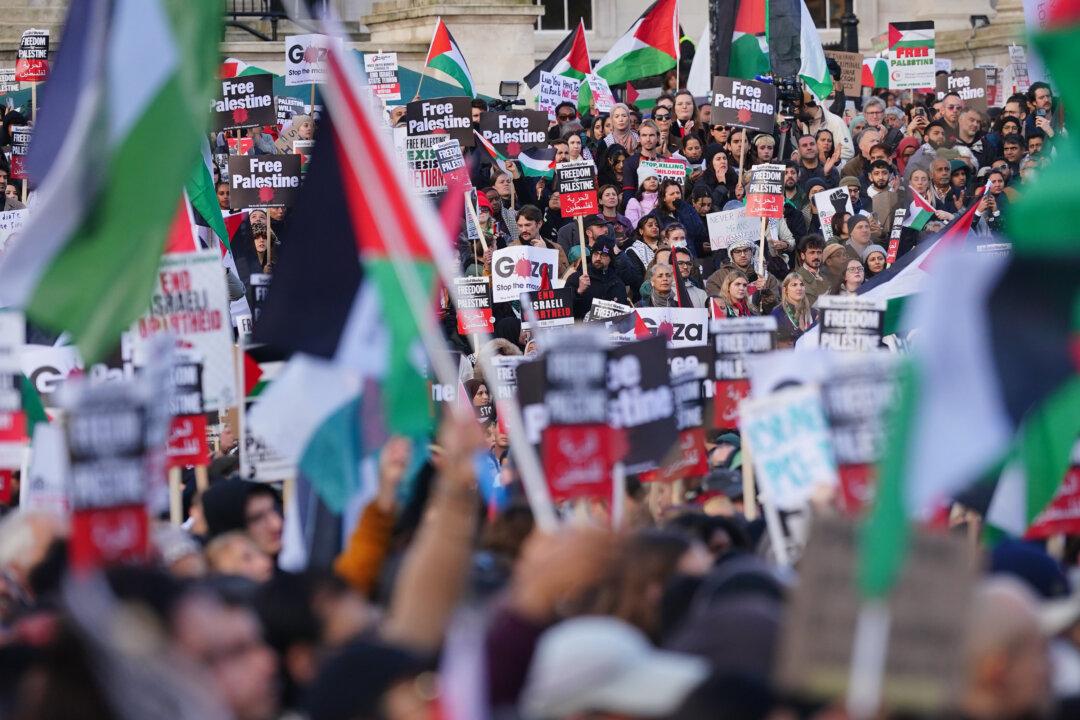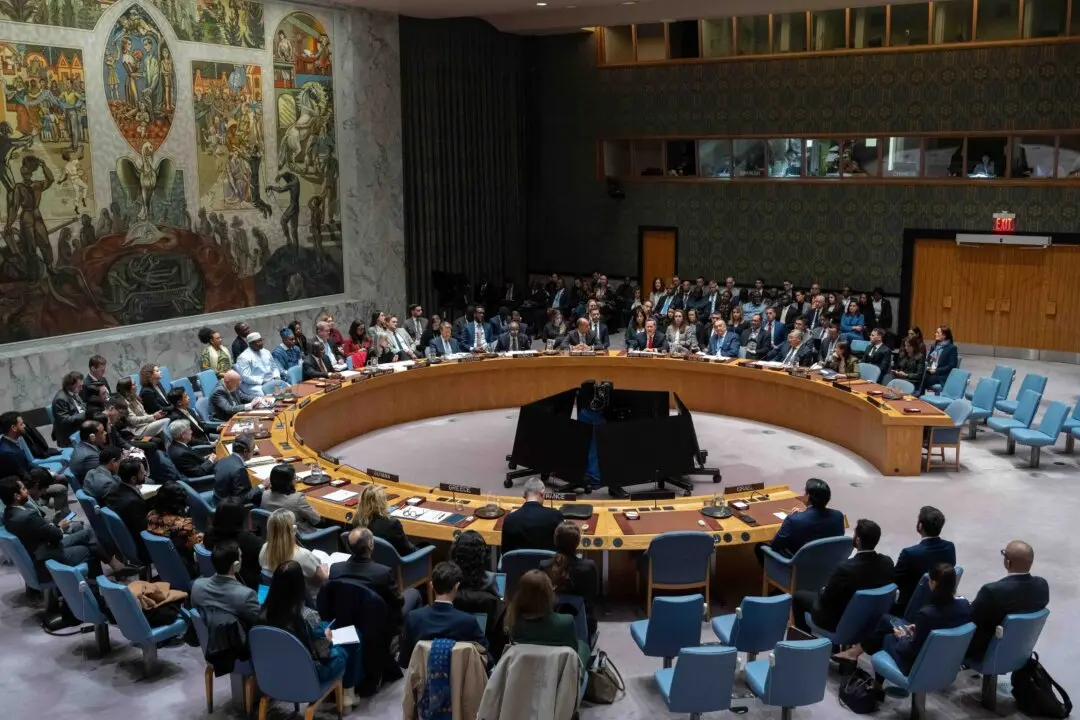Pro-Palestinian campaigners have rejected a request by the Metropolitan Police to call off a planned demonstration in London on Armistice Day this Saturday.
The Met urged organisers to “urgently reconsider” as senior officers are concerned about “criminal acts by breakaway groups intent on fuelling disorder.”





